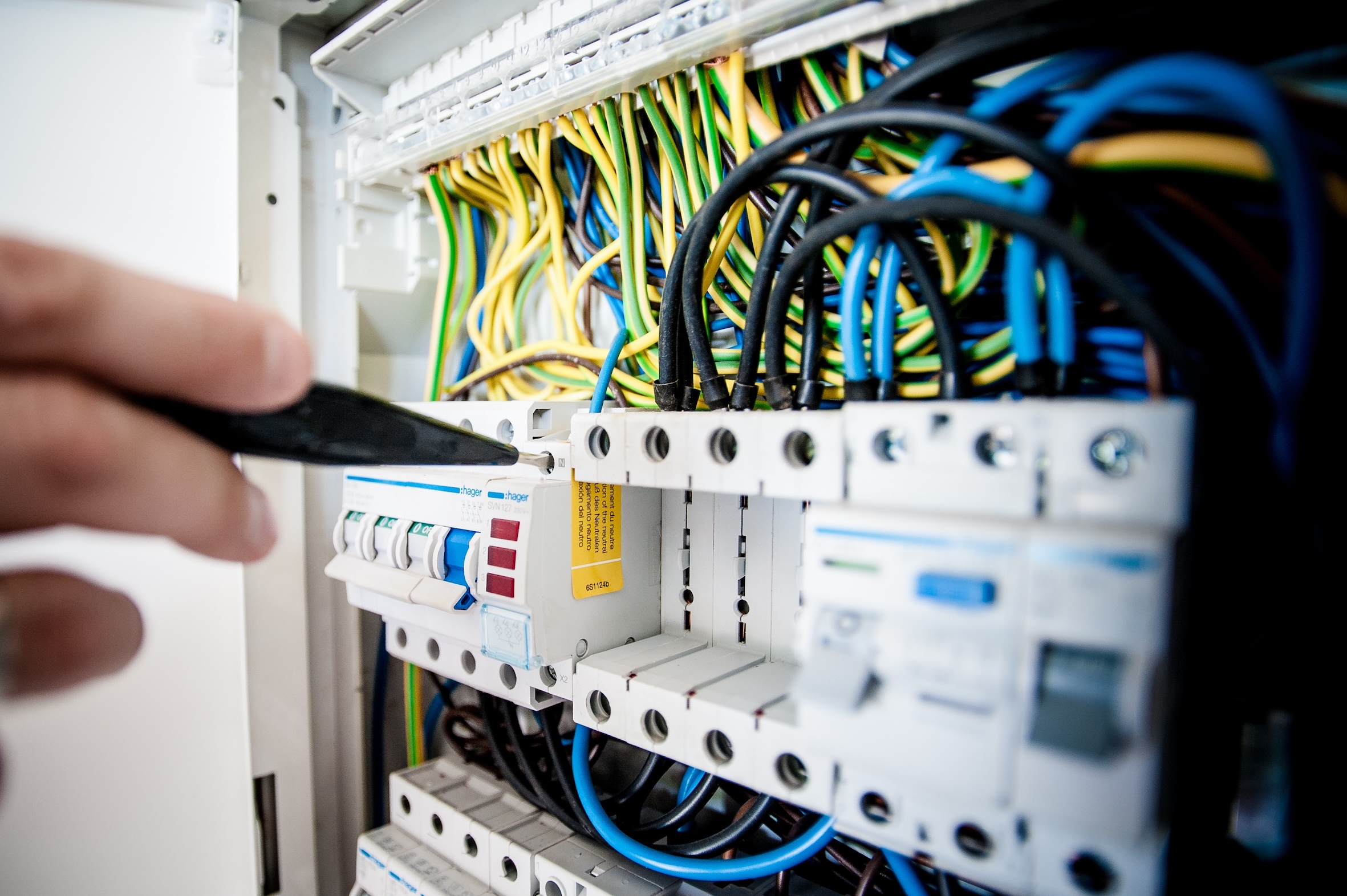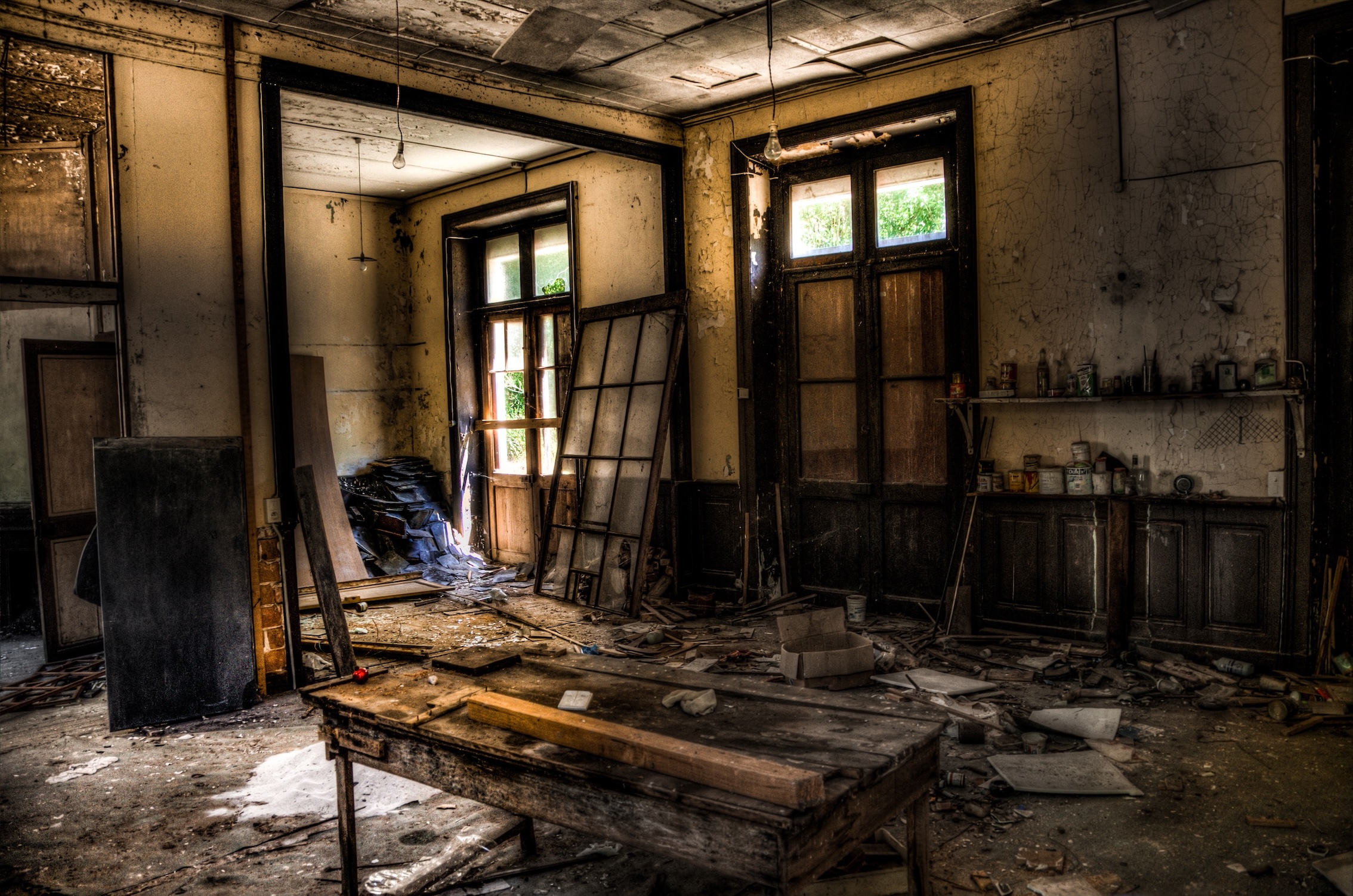When it comes to property maintenance, few things are more critical than ensuring the electrical systems in your home or commercial building are safe, compliant, and up to date. Electricity powers almost every aspect of modern life, but if not properly maintained, it can pose serious risks including fire hazards, electrical shocks, and costly damage to appliances. For property owners in the UK, understanding the importance of regular electrical inspections is key to both safety and compliance with the law.
Why Electrical Checks Are Important
Electrical installations naturally deteriorate over time due to usage, environmental factors, and wear and tear. Outdated or faulty wiring can quickly become a hidden danger. Regular checks ensure:
-
Safety compliance – Properties must meet current UK safety regulations, including the BS 7671 Wiring Regulations.
-
Prevention of accidents – Identifying and fixing faults reduces the risk of fire and electric shock.
-
Insurance validity – Many insurers require proof of up-to-date electrical condition reports.
-
Energy efficiency – An up-to-date system runs more efficiently, reducing wasted energy and bills.
What Electrical Checks Are Necessary?
There are several key inspections and tests that should be carried out by a qualified electrician:
-
EICR (Electrical Installation Condition Report)
-
A detailed inspection of wiring, sockets, fuse boards, and other fixed electrical components.
-
Highlights any damage, deterioration, or non-compliance with current regulations.
-
-
PAT Testing (Portable Appliance Testing)
-
Ensures portable appliances like kettles, heaters, and office equipment are safe for use.
-
-
Fuse Board / Consumer Unit Checks
-
Older fuse boards may lack RCD protection (Residual Current Devices), which significantly reduces the risk of electrocution.
-
-
Visual Inspections
-
Routine checks for signs of overheating, damaged sockets, or exposed wiring.
-
How Often Should Electrical Checks Be Carried Out?
The frequency of inspections depends on the type of property:
-
Homeowners – Every 10 years, or when buying/selling a property.
-
Rented Properties – Every 5 years, as required by the Electrical Safety Standards in the Private Rented Sector (England) Regulations 2020.
-
Commercial Properties – Every 5 years, though certain environments (e.g., industrial sites) may require more frequent checks.
-
Portable Appliances – Annually, especially in workplaces or rental properties.
Why Choose a Qualified Electrician?
Only a certified electrician should carry out electrical inspections. Look for contractors registered with NICEIC or ELECSA to ensure high standards of work and compliance with UK regulations. Cutting corners may save money in the short term but can result in serious risks, legal issues, and unexpected costs later.
Keeping your electrical systems safe, compliant, and up to date is not just about meeting regulations – it’s about protecting your property, your investment, and the people inside it. Regular electrical inspections provide peace of mind, reduce risks, and ensure your property remains legally compliant and energy-efficient.
If you own a home, rental property, or commercial building, now is the time to check when your last inspection was carried out. Don’t wait until there’s a problem – schedule a professional electrical inspection today.



